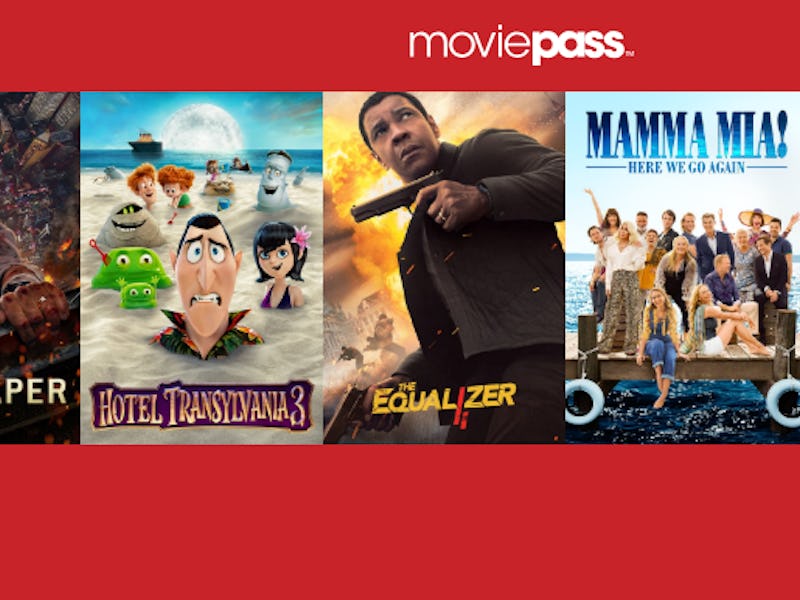MoviePass' Weekend From Hell Proves the Service Just Isn't Worth It Anymore
"Unlimited" doesn't mean what it used to.

MoviePass, a subscriber service for in-theater films, had a weekend from hell. The company, which excited moviegoers in 2017 with the promise of offering access to nearly an unlimited number of movies in theaters for $9.95 a month, experienced an outage, restricted access to a top new release, and charged its highest surcharge yet. Now, users are left asking whether or not the service is worth it anymore.
While the decision of whether to stay or go will obviously be up to each consumer and their tastes and usage patterns, the new math of MoviePass sets a high bar for users who want to get bang out of their buck.
Peak Peak Pricing
Perhaps most egregious among recent events is MoviePass’s introduction of Peak Pricing, whose maximum charge appeared to rise from $6 to $8 over the weekend. MoviePass describes the new charge as a “dynamic pricing system based on the demand for particular showtimes… subscribers may be asked to pay a small additional fee depending on the level of demand.” It’s a lot like Uber’s Surge Pricing, except that MoviePass’s whole selling point was that customers were paying a fixed price to avoid charges for individual movie tickets.
While the $8 charge is less than the US national average price of a movie ticket of $9.16, the discount is marginal.
If a customer were only able to view movies with Peak Pricing, and tickets were priced at the national average, they would have to see 9 movies per month for their membership to be worth it. According to Statista, only 3 percent of Americans report seeing 1 or more movie in theaters per week.
While the possibility of only encountering Peak Pricing may sound unlikely, this weekend saw an indiscriminate application of the charge. On Sunday, 73 percent of New York City theaters allowing the app had at least one movie with Peak Pricing. Nearly half, 47 percent, of theaters in the city only offered tickets through the app with Peak Pricing.
Some users found that movies with Peak Pricing had actually sold no seats shortly before the movie began, despite MoviePass claiming that Peak Pricing was based on demand.
Restricted Titles
Besides outrage over MoviePasses’ new, higher charges, customers became upset over the weekend when they discovered that one of the most anticipated releases of the week, Mission: Impossible – Fallout, wasn’t going to be available (for the most part) on the service, once again letting users down who signed up thinking they’d have unlimited access.
MoviePass’ CEO Mitch Lowe issued a statement on the movie’s availability, suggesting that it was part of a contractual issue:
As we continue to evolve the service, certain movies may not always be available in every theater on our platform. This is no different than other in-home streaming options that often don’t carry the latest shows or movies that may be available on other services.
As a concession, MoviePass has made the film available at theaters that offer e-ticketing (allowing you to buy a specific seat through the app), but those theaters are few and far between. In New York City, there are only three theaters that use the feature.
Fin
The new charges and restrictions from the company come along with much larger problems facing the company.
On Thursday evening, MoviePass experienced a service outage because it literally ran out of money to pay vendors. Service was eventually restored following a $5 million loan.
MoviePass’s model has long been subject to suspicion, with the company seemingly losing money on each ticket bought. Now, the company’s financial troubles and recent changes to the model including ticket number restrictions and Peak Pricing, have revealed that the skepticism is probably warranted.